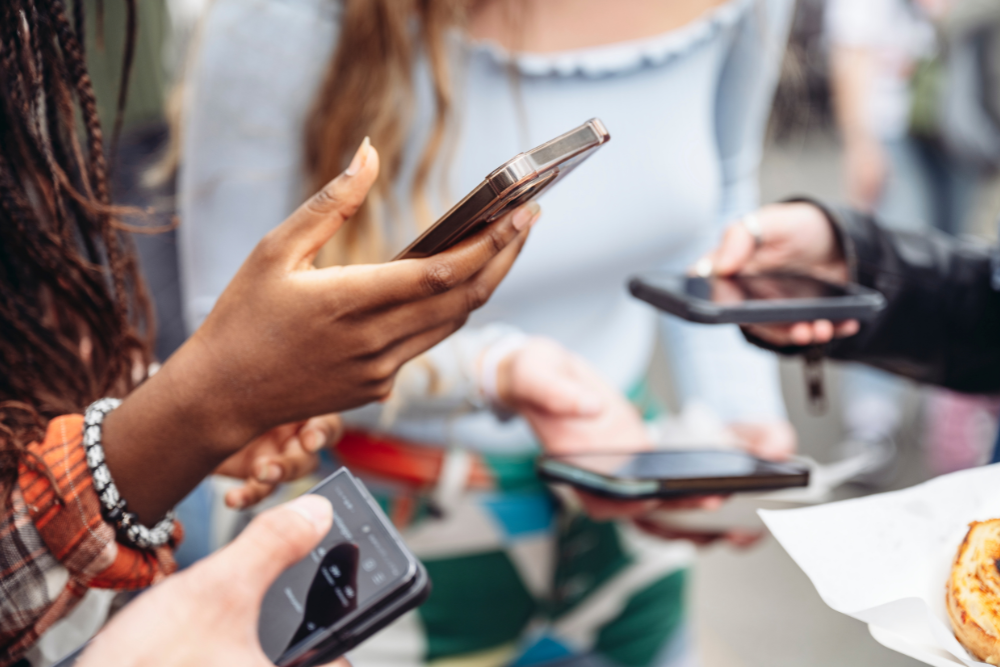Social media platforms have revolutionized the way we communicate and connect with others. However, the risks of social media are becoming increasingly evident. Excessive and unregulated use of these platforms can have a significant negative impact on our mental health, relationships, and overall well-being. In this article, we will explore some of the key dangers associated with social media and offer strategies to mitigate these risks.
Mental Health Implications
- Anxiety and Depression: Excessive social media use has been linked to increased feelings of anxiety and depression. The constant comparison to others’ seemingly perfect lives can contribute to low self-esteem and body image issues.
- FOMO (Fear of Missing Out): The constant stream of updates and notifications can create a sense of FOMO, leading to feelings of isolation and inadequacy.
Cyberbullying and Online Harassment
- Bullying and Trolling: Social media platforms provide a platform for bullies to target individuals with hateful and abusive messages.
- Online Harassment: This can include doxing, stalking, and other forms of harassment that can have a profound impact on victims’ mental health.
Addiction and Dependence
- Excessive Use: Social media can be highly addictive, leading to excessive time on social media. This can negatively impact productivity, relationships, and physical health.
Privacy Concerns
- Personal Information: Users often share a significant amount of personal information on social media, which can be exploited by malicious actors for identity theft or other fraudulent activities.
Risks of Spending Too Much Time on Social Media
- Sleep Disturbances: The blue light emitted from screens can interfere with sleep patterns, leading to insomnia and other sleep-related problems.
- Reduced Productivity: Excessive social media use can lead to decreased productivity at work or school.
- Strained Relationships: Spending too much time on social media can take away from face to face interactions with friends and family.
10 Dangers of Social Media & How to Avoid Them
- Cyberbullying: Block and report bullies, limit who can see your posts, and consider taking a break from social media.
- Addiction: Set time limits for social media use, and find healthy alternatives to spending time online.
- Privacy Concerns: Review your privacy settings regularly, and be mindful of the information you share online.
- FOMO: Focus on real-life experiences and relationships, and take breaks from social media.
- Mental Health: If you’re struggling with your mental health, seek professional help.
- Fake News: Be critical of the information you see online and verify information from multiple sources.
- Phishing: Be wary of suspicious links and messages, and avoid clicking on them.
- Identity Theft: Protect your personal information by using strong, unique passwords and enabling two-factor authentication.
- Social Engineering: Be cautious about sharing personal information with strangers online.
- Comparison Culture: Focus on your own achievements and avoid comparing yourself to others.
Signs You Need to Rethink Your Relationship with Social Media
- Feeling anxious or depressed after using social media.
- Neglecting other areas of your life.
- Experiencing physical symptoms, such as headaches or eye strain.
- Feeling the need to constantly check your phone.
- Struggling to sleep.
Impact of Social Media on Body Image
Social media platforms are often filled with carefully curated images that portray an unrealistic ideal of beauty. This can lead to negative body image issues, particularly among young people. Constant exposure to images of perfect bodies can lead to feelings of inadequacy and low self-esteem. It’s important to remember that these images are often edited and filtered, and do not represent reality.
The Role of Algorithms in Shaping Our Online Experiences
Social media platforms use algorithms to determine the content we see in our feeds. These algorithms can be biased, leading us to be exposed to information that reinforces our existing beliefs and biases. This can create echo chambers and limit our exposure to diverse perspectives.
The Potential for Social Media to Be Used for Political Manipulation
Social media platforms have been used to spread misinformation, manipulate public opinion, and interfere in elections. Foreign governments and other malicious actors can use social media to disseminate propaganda and sow discord.
Social media can be a valuable tool for connecting with others and staying informed. However, it is essential to be aware of the risks of social media and take steps to protect yourself. By understanding the potential dangers and implementing healthy habits, you can enjoy the benefits of social media without compromising your well-being.
The following recommendations can help minimize social media risks:
- Set boundaries: Set specific times for social media use and stick to them.
- Take breaks: Schedule regular breaks from social media to engage in other activities.
- Be mindful of your content: Think carefully about what you share online and how it might be perceived.
- Prioritize real-life relationships: Make time for face-to-face interactions with friends and family.
- Seek support: If you are struggling with social media addiction or cyberbullying, seek support from a mental health professional or trusted friend.
By following these recommendations, you can develop a healthier and more balanced relationship with social media.


